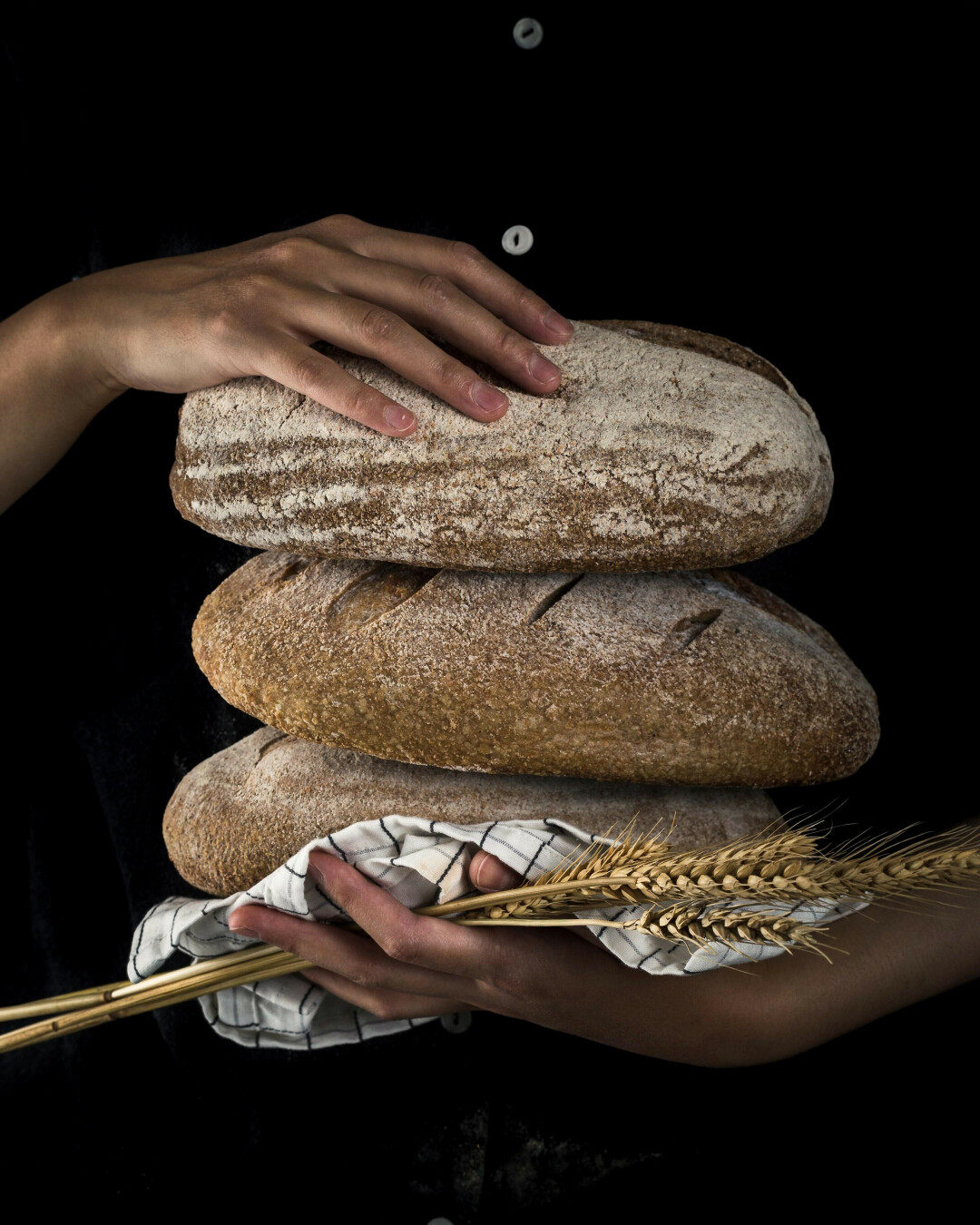|
Mark 8:1–10 (ESV)
1 In those days, when again a great crowd had gathered, and they had nothing to eat, he called his disciples to him and said to them, 2 “I have compassion on the crowd, because they have been with me now three days and have nothing to eat. 3 And if I send them away hungry to their homes, they will faint on the way. And some of them have come from far away.” 4 And his disciples answered him, “How can one feed these people with bread here in this desolate place?” 5 And he asked them, “How many loaves do you have?” They said, “Seven.” 6 And he directed the crowd to sit down on the ground. And he took the seven loaves, and having given thanks, he broke them and gave them to his disciples to set before the people; and they set them before the crowd. 7 And they had a few small fish. And having blessed them, he said that these also should be set before them. 8 And they ate and were satisfied. And they took up the broken pieces left over, seven baskets full. 9 And there were about four thousand people. And he sent them away. 10 And immediately he got into the boat with his disciples and went to the district of Dalmanutha.
Have you ever experienced déjà vu before? It’s a feeling that you’ve already experienced something that is actually happing for the first time. Sports announcers might mention déjà vu when a team is once again losing in the playoffs to the same team that they lost to in the past. Right now, Hurricane Ida is battering the east coast with storms and has left Louisiana and Mississippi in an absolute mess. The interesting thing is that Ida came ashore on the exact same day as Hurricane Katrina did sixteen years ago leaving some people feeling that sense of déjà vu.
I was thinking about déjà vu as I read this passage because this is the second time that Jesus has performed the same kind of miraculous feeding of a multitude. You may recall that we just read of something similar back in chapter six. So why does Mark record this second miraculous feeding?
I’ve always thought it was somewhat amazing that the disciples don’t seem to recall the previous miraculous feeding and question Jesus regarding how they are going to provide for so many people. But aside from that, why include this second account especially when we know that writing materials were precious? Many scholars have speculated on the significance of several aspects of the account, but none are really convincing.
One of the interesting differences between the two accounts is that in the feeding of the five thousand, the crowd consists of Jewish people. Here in the feeding of the four thousand, the crowd is made up of Gentiles.
Another interesting difference is that the people are in a remote place and have been with Jesus for the past three days.
Jesus, having compassion for the crowd, raises His concern with the disciples and they respond with a great question in verse 4, “How can one feed these people with bread here in this desolate place?”
James Edwards, in his commentary on this passage, notes that the Greek sentence is better translated in this way, “For who is able in this remote region to satisfy these [people] with bread?”
Do you see the difference? It’s not about the “how” but about “who.” Who can possibly feed these people and satisfy them? Only Jesus can.
In Jesus people are being fed, healed, cared for, and experiencing the fulfillment of God’s promises as the kingdom of God is breaking into the world.
But the incredible and shocking thing to the first readers of Mark’s Gospel is that it’s the Gentiles who are being fed and satisfied by Jesus. We must remember that in this ancient context, Jews and Gentiles didn’t associate with one another. But here Jesus is demonstrating that God’s love, grace, and mercy are not limited by ridiculous human classifications that separate us from one another as the compassion of Jesus touches the lives of everyone who will simply come.
A great lesson for the church and for Christians in any age, but especially now during the turbulent times of our current cultural struggles.
God bless you and know that you are constantly in my prayers!
Scott
|

